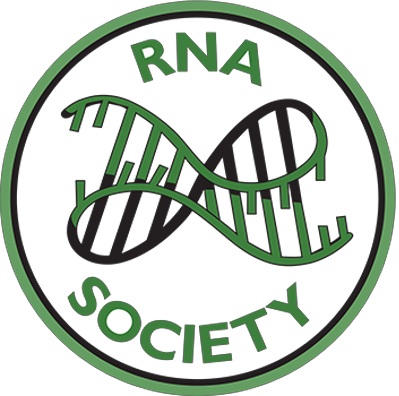We recently presented Sci-ModoM [1], the first next-generation RNome database offering a one-stop source for RNA modifications originating from state-of-the-art high-resolution detection methods. Sci-ModoM provides quantitative measurements per site and dataset, enabling researchers, including non-experts, to assess the confidence level of the reported modifications across datasets. Currently, users can Search and Compare over seven million modifications across 162 datasets, Browse or download datasets, and retrieve metadata; and these figures keep growing as data is continuously added. Sci-ModoM addresses critical challenges that are foundational to open science such as the need for standardized nomenclatures, common standards and guidelines for data sharing. It promotes data reuse, as it relies solely on the authors' published results; data are accessible in a human-readable, interoperable format, developed in consultation with the community [2].
In this talk, we will present Sci-ModoM in the context of a broader pan-European roadmap to (i) facilitate access to and sharing of high-throughput transcriptome-wide RNA modification data, and (ii) to promote data-driven sustainability in the development of reliable methods to map and identify RNA modifications. Our current work aims to expand the different RNA types (mRNA, non-coding RNA, tRNA, rRNA) in Sci-ModoM, to further establish FAIR data treatment, and to improve guidelines for data analysis and exchange, under the umbrella of the Human RNome project [3].
[1] Etienne Boileau, Harald Wilhelmi, Anne Busch, Andrea Cappannini, Andreas Hildebrand, Janusz M. Bujnicki, Christoph Dieterich. Sci-ModoM: a quantitative database of transcriptome-wide high-throughput RNA modification sites Nucleic Acids Research, 2024, gkae972.
[2] https://dieterich-lab.github.io/euf-specs
[3] https://humanrnomeproject.org
